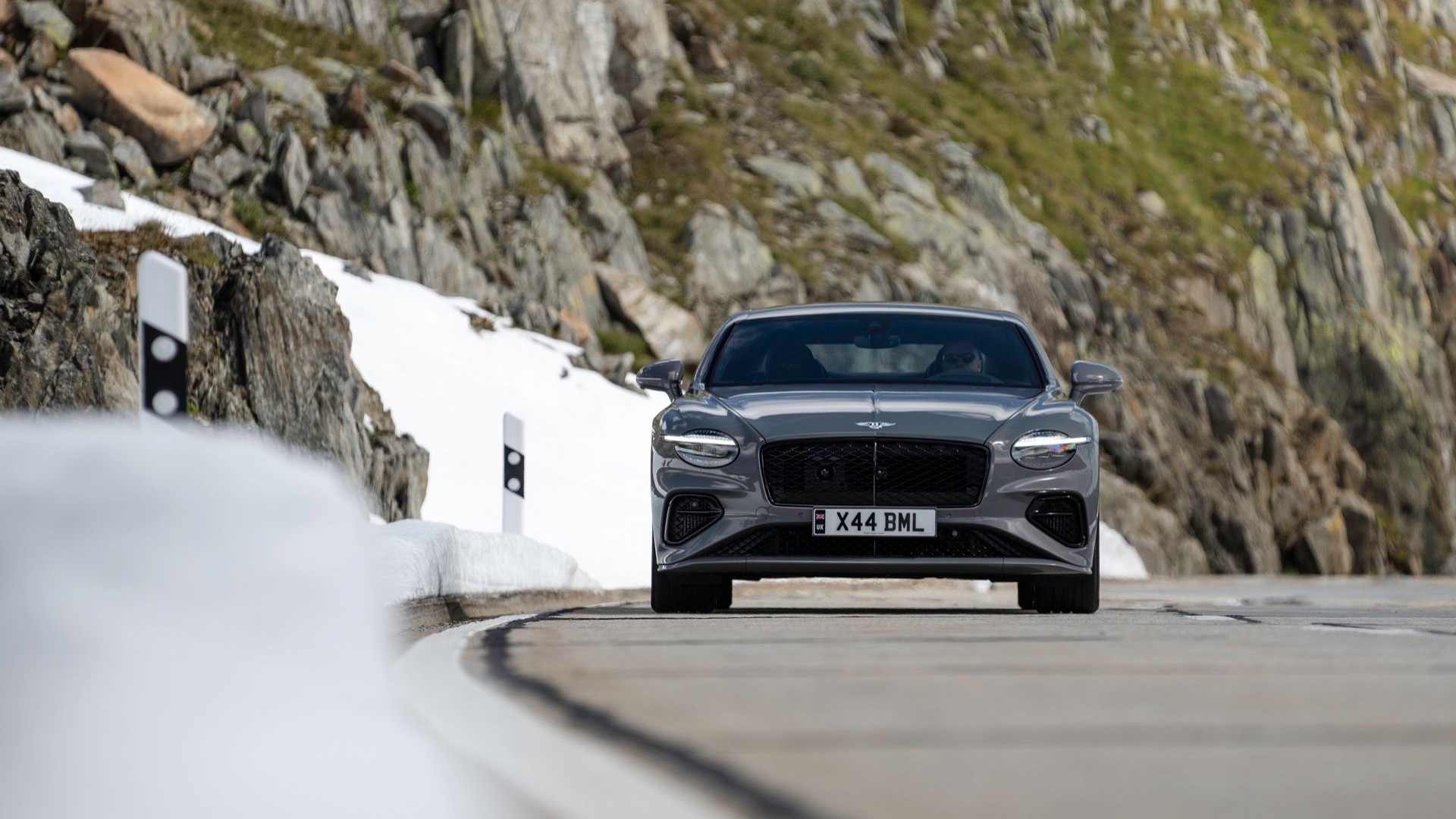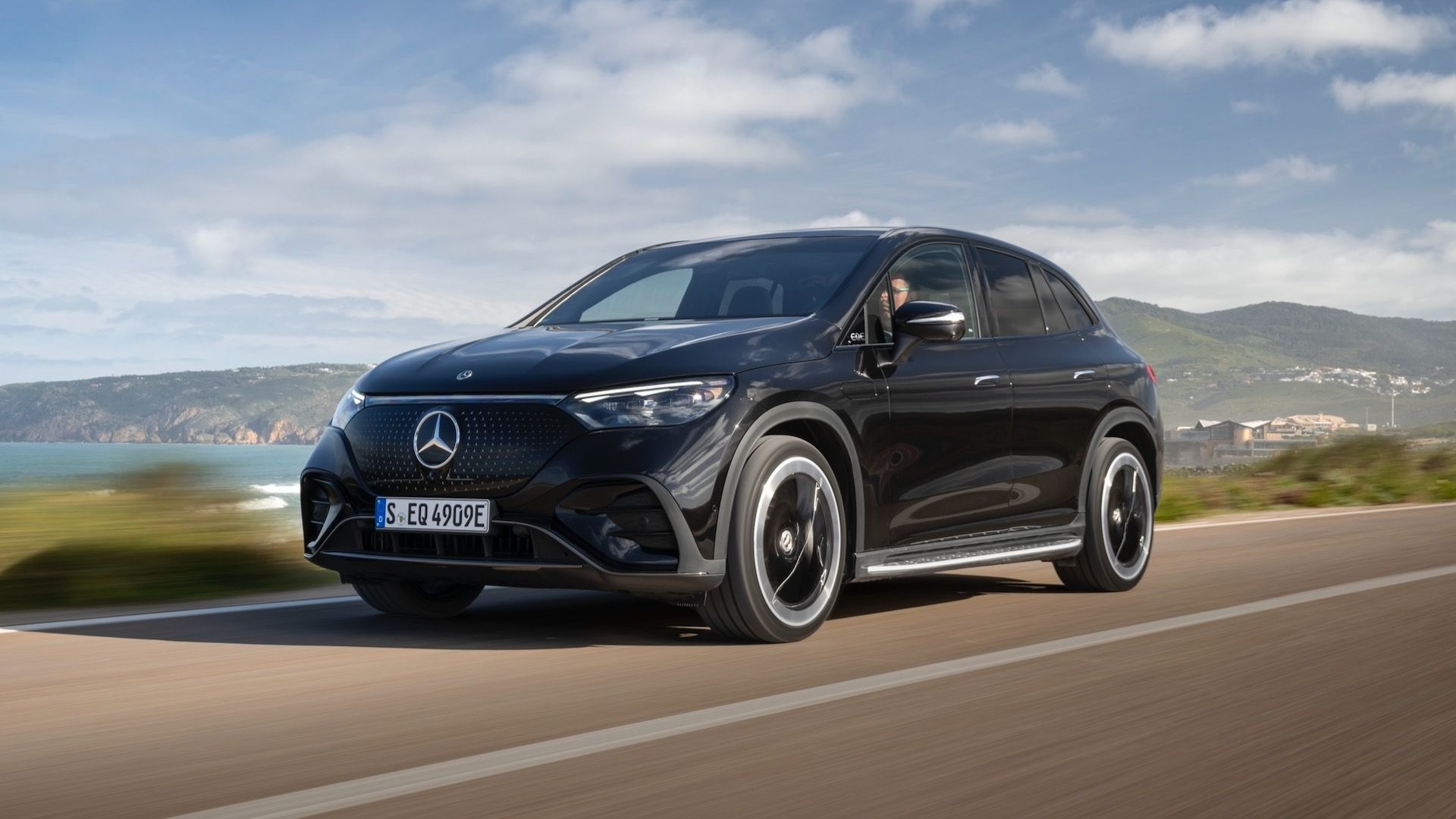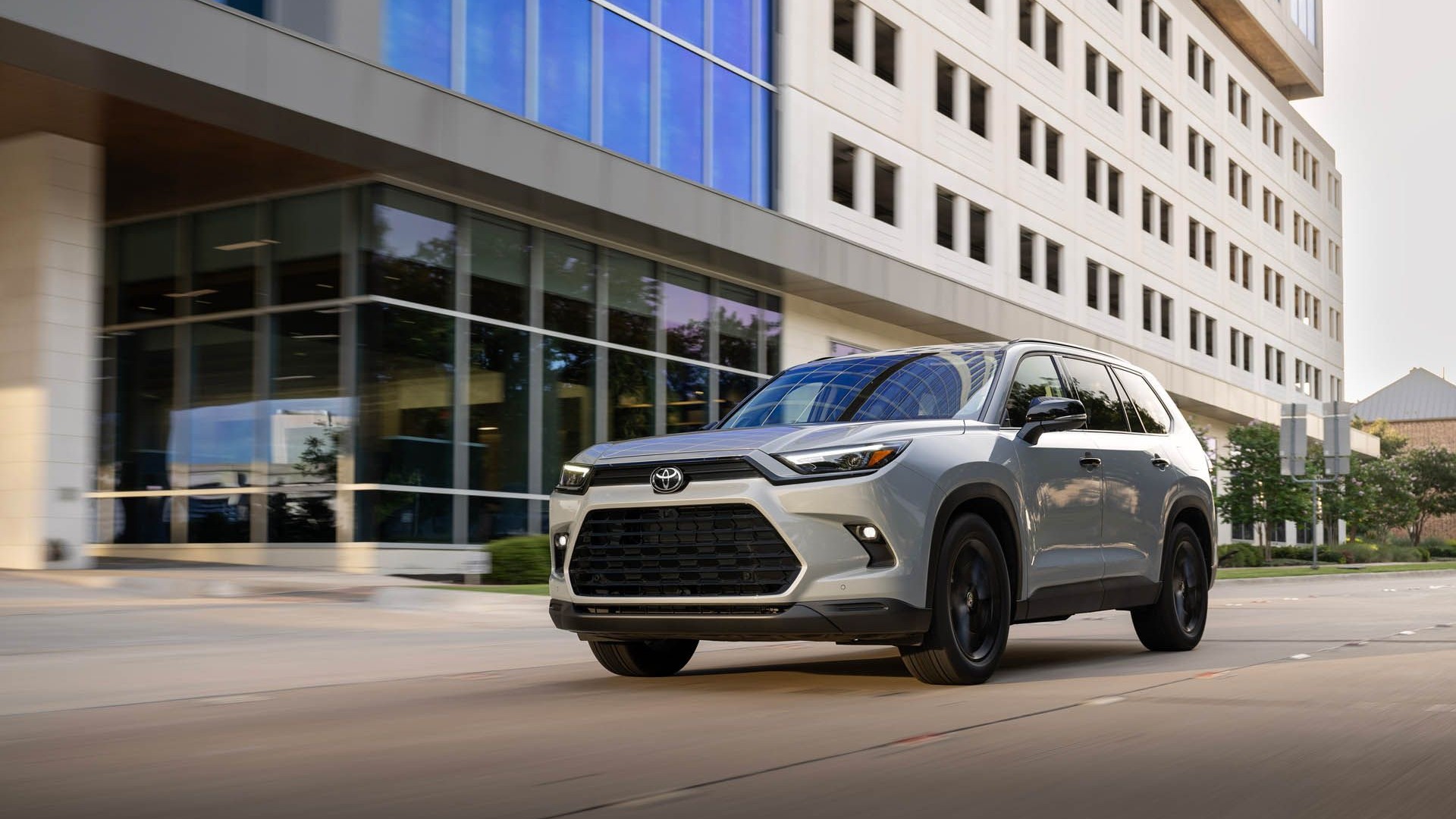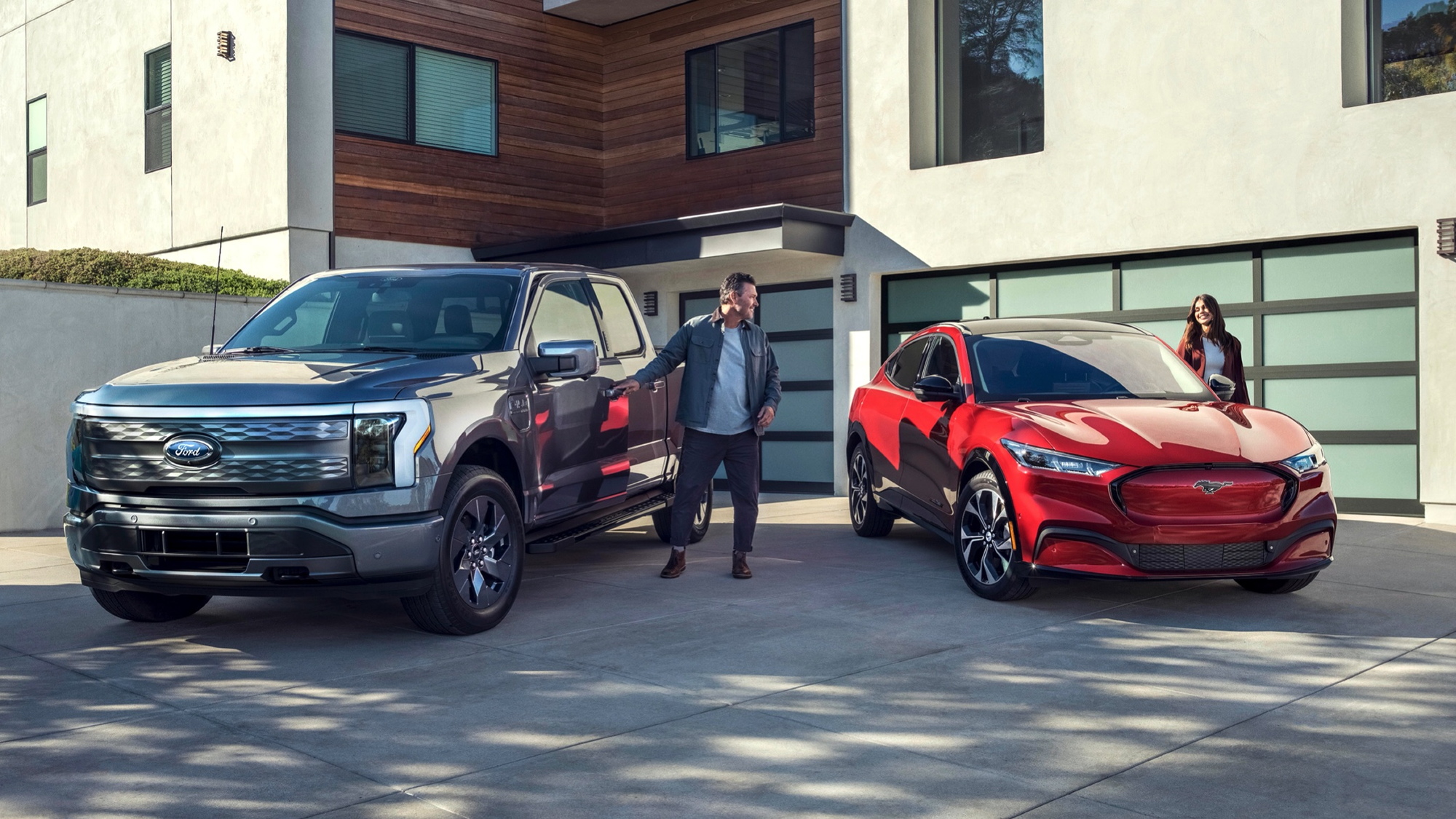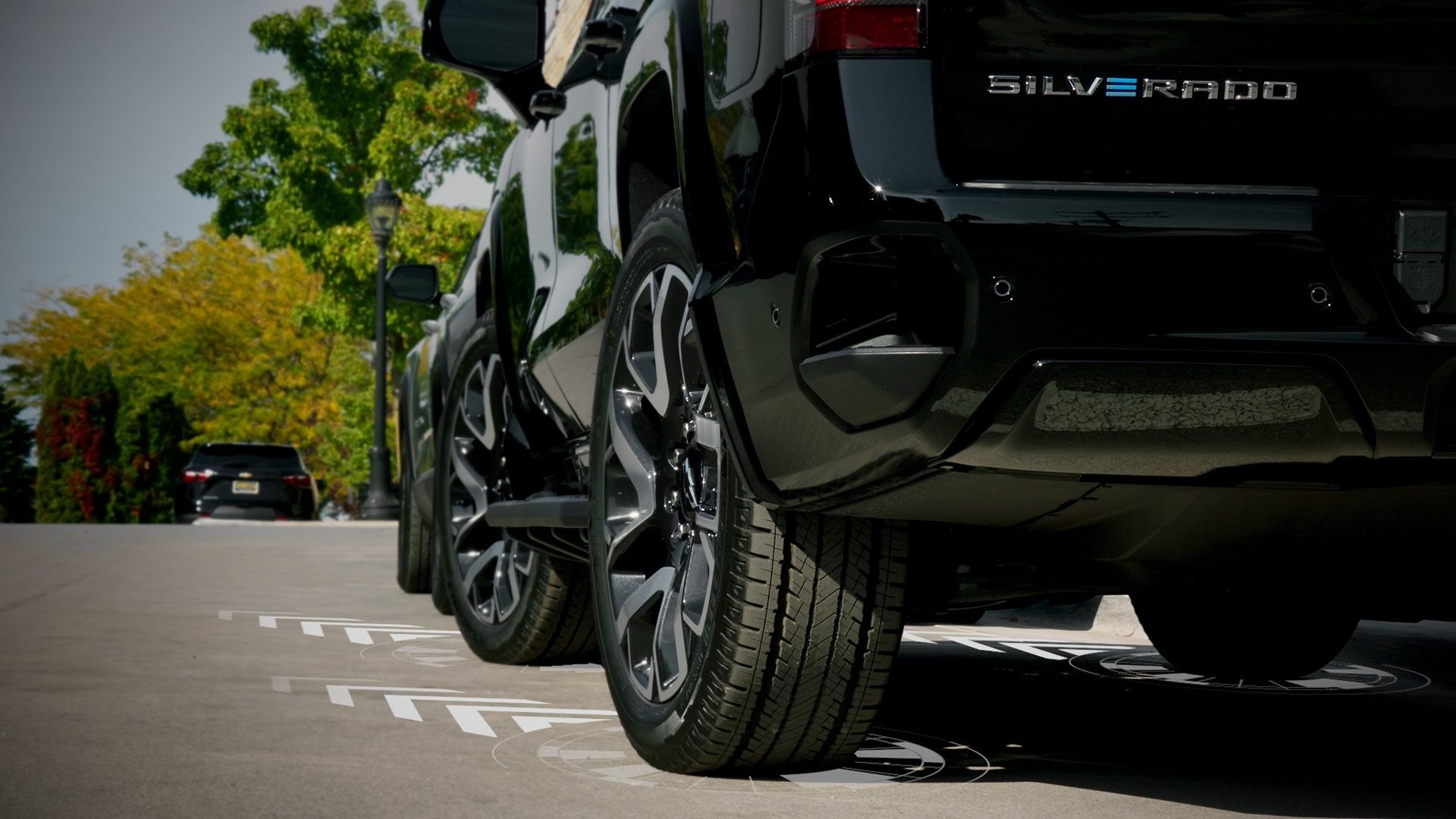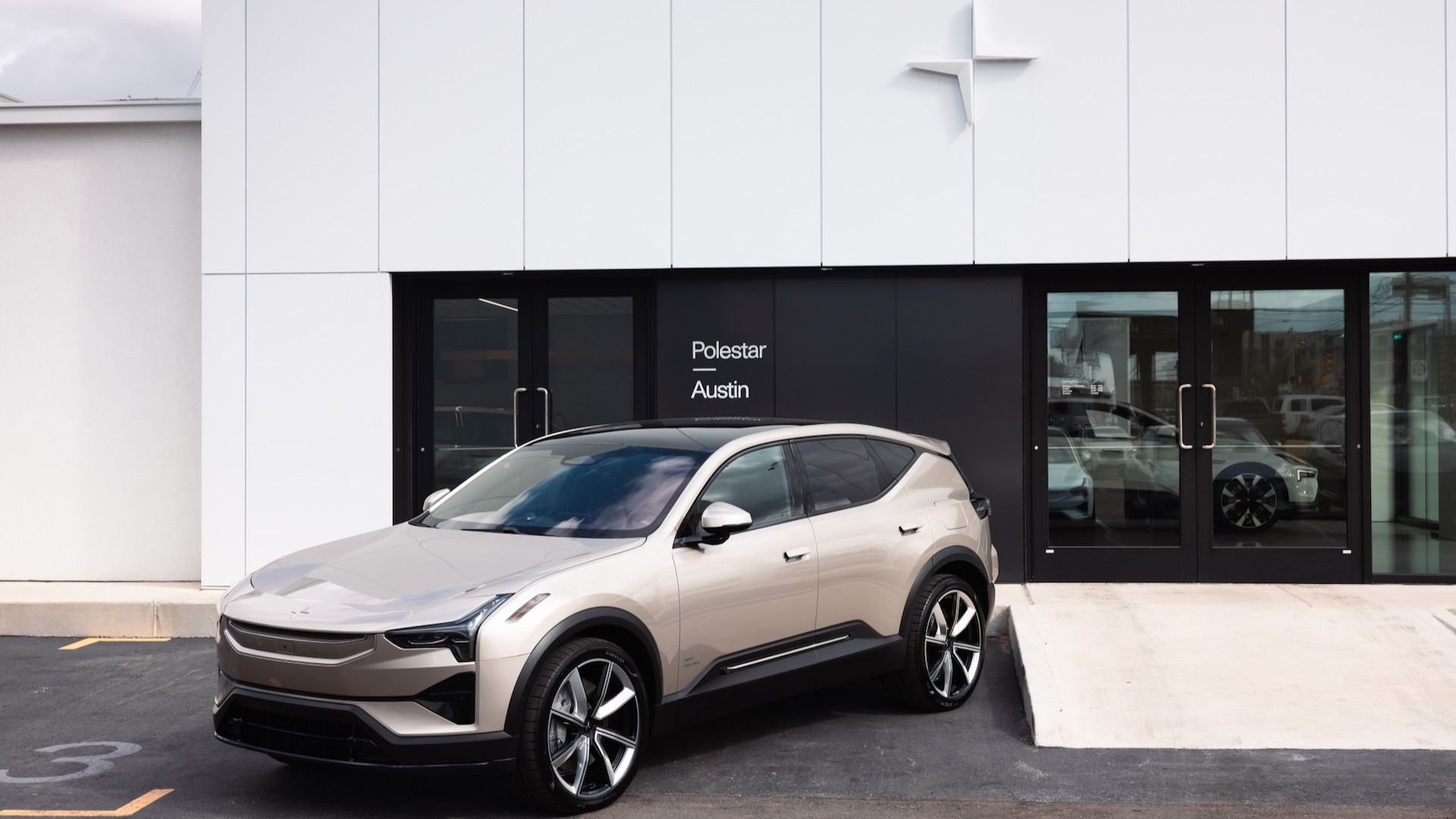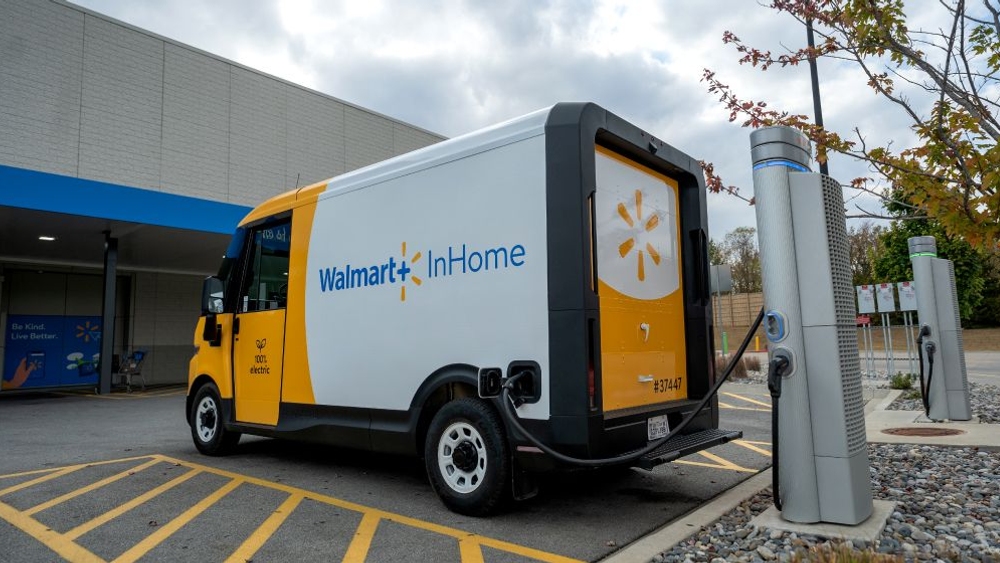Many buyers of new Ford cars--both its 2013 C-Max and Fusion hybrids, and those fitted with its EcoBoost line of downsized, turbocharged engines--report real-world gas mileage much lower than the cars' EPA ratings.
Ford is trying to counter almost a year's worth of media attention to these concerns by working to educate the public, and drivers in particular, about factors that affect fuel economy.
The concern over Ford's fuel economy under real-world conditions arose soon after it launched its new 2013 Ford C-Max Hybrid and Ford Fusion Hybrid models.
Many media reports--including those on this site and Consumer Reports, among many others--noted that owners simply weren't getting anywhere near the cars' 47-mpg combined EPA ratings.
Two weeks ago, Ford announced it would update control software in its 2013 hybrids--those two models and the Lincoln MKZ Hybrid--to improve real-world fuel efficiency by making a number of tweaks to reduce consumption under certain types of use.
Ford's latest attempt to educate drivers about factors that affect fuel economy is an 8-minute video in which Kevin Layden, Ford's director of electrification programs and engineering, discusses various myths and recommendations about gasoline and gas mileage.
Layden knocks down some common wisdom that turns out not to affect fuel economy--including the myths that filling up in the morning or in colder temperatures will let you get more gasoline into your tank.
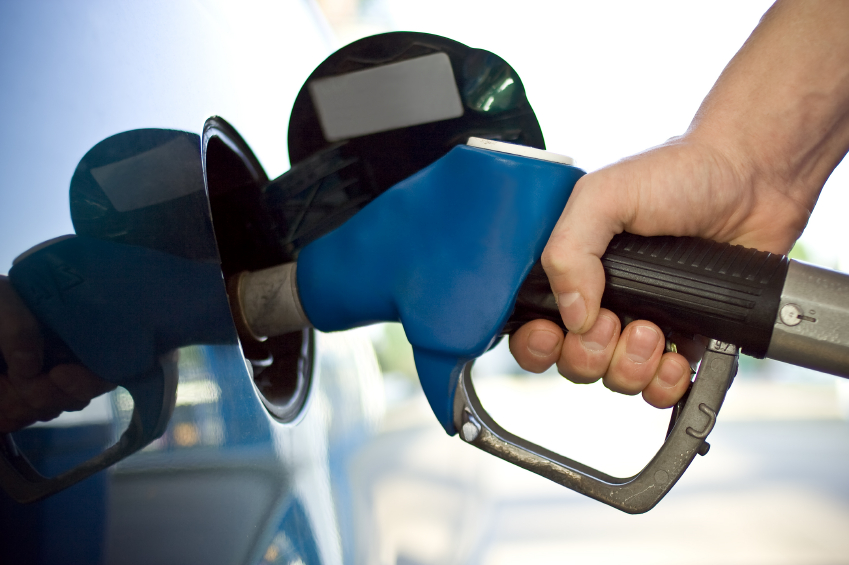
Gas pump
Filling the tank more slowly also turns out not to matter, despite the notion that fewer gasoline vapors that take up space in the tank are produced.
Layden says Ford engines are designed to run on regular unleaded fuel, but that some vehicles will produce higher power and torque using premium or mid-grade fuel--and slightly higher gas mileage.
But, he asks, how much does this really save you? He points out that drivers may pay more for the pricier fuel than they save in reduced consumption.
Predictably, Layden recommends minimizing use of the car's air conditioner--which is sized to cool the vehicle quickly, and hence uses a lot of power--and keeping tires properly inflated.
And he acknowledges that putting an automatic-transmission car into neutral at a long light may save a bit of fuel, although it's not recommended because it puts more wear and tear on transmission components.
Watch Layden's video, and then tell us whether you agree with Ford's conclusions about fuel economy.
Also, what other myths and tips are there out there about how to boost your gas mileage?
Leave us your thoughts in the Comments below.
_______________________________________________

